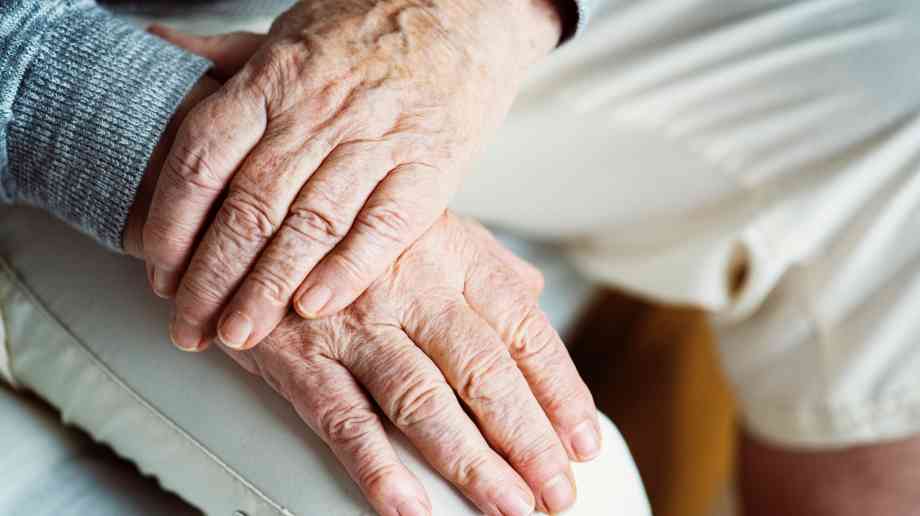Sue Robb of 4Children talks to Julie Laughton and Alison Britton from the Department for Education about the role of childminders in delivering the 30 hours free entitlement.
Help for people living at home at crisis point

A new Age UK report warns that the safety net for elderly people living at home has become dangerously weak, with older people living alone in declining health.
With approximately 465,000 people aged over 65 in England living with three or more significant health conditions, and also in need of help with at least three essential daily activities, only about one in three receives care at home, with the remainder relying on family or managing without.
More broadly, Age UK report that of all those aged over 65 in the UK, nearly a third live alone, while around one in 10 are ageing without children. However, because of deficits within our over-stretched health and care services, plus fragmentation between them, the report argues that previous guarantees of care can longer be assumed or provided.
This latest analysis from Age UK shows the health and care system has, to date, failed to expand or change fast enough to support our ageing population, piling pressure on hospitals - with England seeing a 63 per cent rise in the overall rate of these avoidable admissions since 2003.
Caroline Abrahams, charity director of Age UK, said: “The safety net for older people living at home has worn dangerously thin after years of underfunding and an absence of workforce planning across both health and care – this is why the numbers of older people whose emergency admissions to hospital could have been avoided are rising so fast.
“The NHS long term plan which is currently being developed must grip this situation and put in place a raft of measures to restore the safety net for older people living at home. Care navigators, multi-disciplinary teams operating in the community, more ‘hospital at home’ type services, and the stronger involvement of the voluntary sector should all be part of the mix. Nor can the NHS create a stronger safety net on its own; social care must play an equal part – and yet is currently so underfunded it is in no position to do so.
“This can’t go on: we need to build up all our community health and social care services once again, gradually fill the yawning workforce gaps in both health and care, and do more to support the family members who step in to ‘hold the ring’ of a system under huge pressure – often ageing partners with their own health problems. In addition, policymakers must wake up to the reality that increasing numbers of older people are ageing alone and design services and approaches that are effective at reaching and supporting them too, rather than expecting a committed relative or friend always to be on hand to do this for them.”
Ian Hudspeth, chairman of the LGA’s Community Wellbeing Board, said of the report: “With people living longer, increases in costs and decreases in funding, the system is at breaking point and is ramping up pressures on unpaid carers who are the backbone of the care system.
“Over recent years, councils have protected adult social care relative to other services. But the scale of the overall funding picture for local government as a whole means adult social care services still face a £3.5 billion funding gap by 2025, just to maintain existing standards of care. The likely consequences of this are more and more people being unable to get quality and reliable care and support, which enables them to live more fulfilling lives.”
Company Focus
Located in Bromley, Japanese Knotweed Eradication Ltd has been providing solutions in the treatment and removal of Japanese Knotweed (Fallopia Japonica) for over a decade. During this time we have mastered a repertoire of methods, from herbicidal treatments to landscaping solutions, tailored to address the unique challenges our clients face with this pervasive weed.
Event Diary
UKREiiF has quickly become a must-attend in the industry calendar for Government departments and local authorities.
The multi-award-winning UK Construction Week (UKCW), is the UK’s biggest trade event for the built environment that connects the whole supply chain to be the catalyst for growth and positive change in the industry.
Supplier Profiles
Geo Energy
At GeoEnergy Design, we're on a mission to disrupt the traditional way heating and cooling ha
Latest Features
Professor Harith Alani, director of the Knowledge Management Institute at the Open University explains how AI can be used for good and bad.
Alex Lawrence, head of health & social care, techUK sets out techUK’s Five Point Plan for CareTech.

















